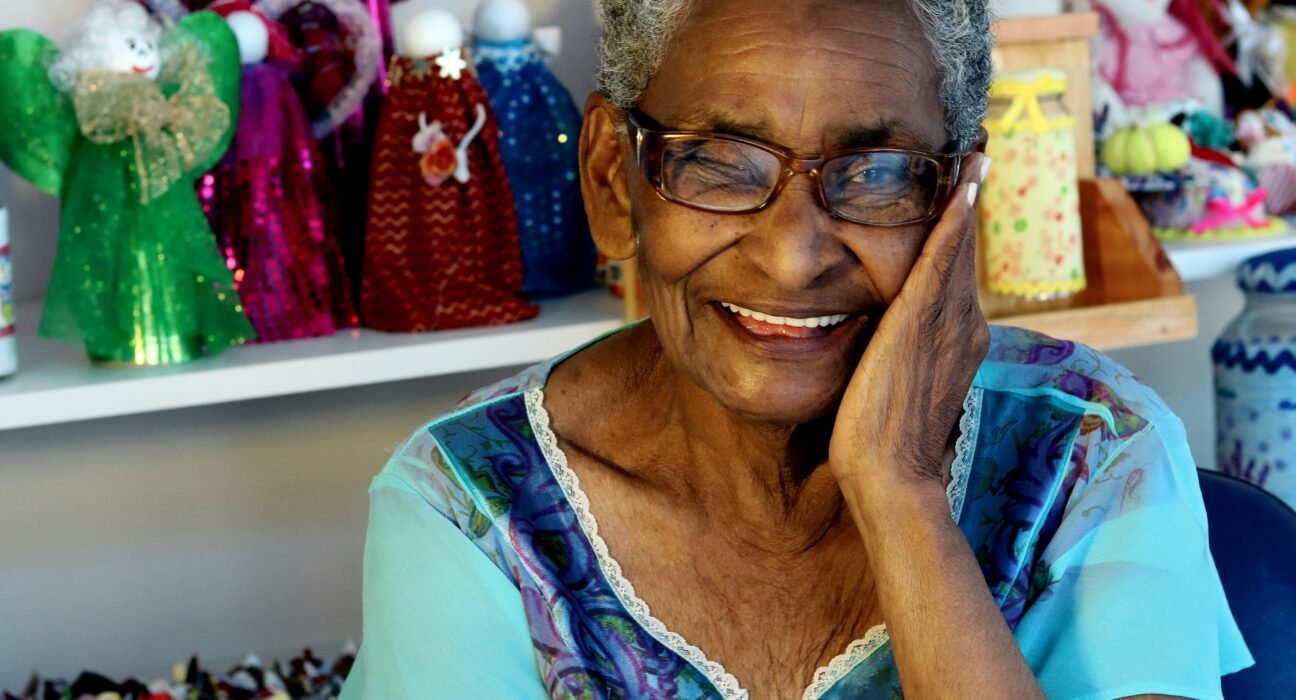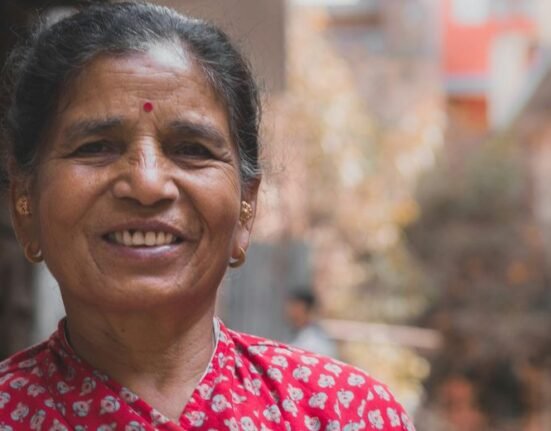By Aparna S
March 26, 2024: With a high literacy rate, the migration rates in India’s southern state of Kerala have always been high.
Starting from the Gulf boom in the seventies and eighties, Malayalis or residents who speak the language Malayalam in the state, have widened their horizons to Europe and Scandinavian countries.
According to the 2018 Kerala migration survey, about 2.1 million Malayalis, have migrated abroad, most of whom are youth.
This has set off a major shift in the demographic pattern, leaving the ageing population on the rise and the younger generation migrating to greener pastures.
Elderly population rising
While acknowledging the social, economic and cultural benefits of such a large migration, one cannot help but notice a new social phenomenon that is sprouting out as a direct consequence — a growing elderly population.
The state’s elderly population share in 2021 was 16%, which is estimated to be 22.8% by 2036, against the national average of 15%. This raises a major concern about elderly care.
Kerala is portrayed as “God’s own country” for its greenery and close family bonding, traditional values and strong social connections.
With high migration and an ageing population, this social setup has given way to nuclear families, mushrooming old age homes and booming home-nurse service business.
A trip through any of the Kerala villages would reveal many palatial mansions, some of them with one or two elderly inhabitants and many locked up forever.
Poor mental health
The emerging shift in demography has resulted in a concerning social phenomenon called Empty Nest syndrome.
The syndrome is a group of depressive and anxiety symptoms experienced by middle-aged and elderly parents after their children move out or relocate.
The grief is common and more severe in women, who likely had the role of primary caretakers. Physical ailments and discomforts associated with menopause add to the magnitude of the problem.
Men, on the other hand, are found to be dealing with the separation from their children in a much healthier way, able to take it as a positive stage of development.
Several studies have explored the mental health of these “left behind” parents and found out that they have poorer mental and physical health outcomes, as compared to those who live with or are regularly interacting with their kids.
Boredom, grief
While some successfully overcome this challenge by pursuing hobbies, rekindling social relationships and babysitting grandchildren, many are struck with boredom and grief.
Many elderly parents have a sense of “loss of identity” as caregivers and find it hard to cope. Apart from missing their children, loss of a spouse, health problems and lack of healthy social interactions, all lead to isolation and loneliness.
Many of them tend to think of themselves as a liability, rather than a resource for society.
The 2023 National Mental Health Survey conducted under the guidance of the National Institute of Mental Health and Neurosciences, revealed a high prevalence of psychiatric disorders among the elderly of Kerala and substantially higher suicide risk, which is quite alarming.
‘Left behind’
As the elderly population is a vulnerable group for depressive disorders due to several other factors like poor physical health, bereavement, lack of social support and poor quality of life, migration and the subsequent empty nest phenomenon are surely a cause of concern.
Migration has always been the rule in any growing population, with both positive and negative impacts. Mental health issues among the ageing “left behind” population are one of the consequences of the younger generation leaving for better opportunities.
In this perspective, the ‘Empty Nest’ phenomenon associated with migration needs further exploration and further interventions need to be targeted on better social outreach, healthy community living and adequate public health system to address elderly care.
(Dr Aparna S is a consultant psychiatrist and an Assistant Professor at the Believers Church Medical College Hospital, Tiruvalla, Kerala. Views expressed are her own and not of an organisation or company.)








1 Comment